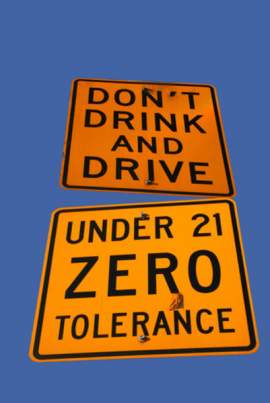
Implied Consent Laws

Background
Implied consent laws are laws that were established to give the consent of a person to perform an action, which is not exactly given by a person. In the case of implied consent and DUI laws, it pertains to the consent that a driver impliedly gives by accepting a driver’s license to alcohol testing. These laws state that a person that is stopped by a police officer for suspicion of drunk driving, has given his or her implied consent to take a blood alcohol test, blood, breath, or urine ( or field sobriety test). If a person refuses to take these test, they are subject to penalties, such as license suspension, under that state’s implied consent laws.
Creation and Purpose
The creation of implied consent laws came to be as a form of deterring drunk driving, and individuals that are drunk driving from attempting to drive impaired again (legally). Some impaired drivers think that they can refuse to take such tests because they are a violation of their constitutional rights, so they refuse to take them. They do not realize that their refusal will not only end up in a license suspension and other penalties, but can also further incriminate them and result in additional and more severe punishment. A person may also suffer criminal charges from their refusal (in some states), as well as be subject to these tests through a warrant or court order. In this case they will end up with a DUI charge on top of their existing penalties.
Legal Implication
The legal implications a person could face for violating implied consent laws are severe. The refusal alone of taking a chemical test for alcohol could be worse than if a person took a sobriety test and failed a one leg stand. In most states a person will be subject to an automatic license suspension of a year, which can be worse than some DUI charges, where a person receives 3-6 month suspensions. They can also face points on their driving records and subsequent increased insurance rates. Furthermore, a person can be subject to a criminal misdemeanor charge for the refusal, and other eventual criminal charges. The refusal to take such tests can be listed as evidence against a person in a DUI case, further incriminating them.
Automatic License Suspension
The automatic license suspension that is imposed when a person refuses to take a chemical test for alcohol could be a worse penalty than others. This penalty usually entails a suspension of a license for a minimum of one year, which is worse than the outcome of most first time offender suspensions on actual DUI charges. This suspension exists to deter people from drunk driving, and to those who have, to prevent them from violating the implied consent laws they signed onto, when accepting a driver’s license. For drunk drivers who try to avoid the testing, and “claim their rights” by refusing, the automatic license suspension serves as a preventive out clause for that individual, using the rights provided under the implied consent laws.


















